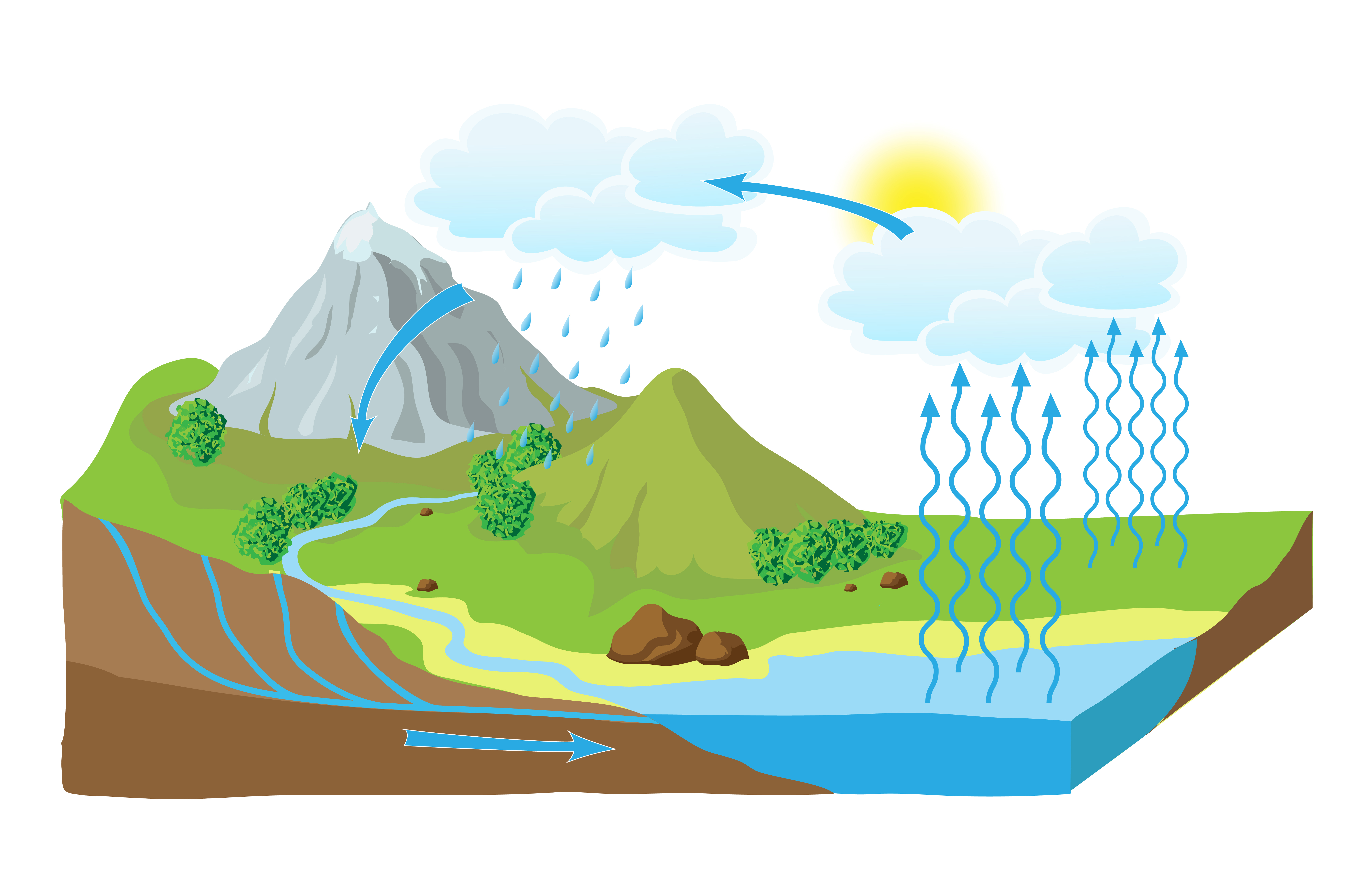Matching skills Science Worksheets for Ages 3-7
5 filtered results
-
From - To
Discover our engaging "Matching Skills Science Worksheets for Ages 3-7," designed to enhance your child's early learning experience. These fun and interactive worksheets encourage young learners to explore the world of science while developing essential matching skills. Featuring colorful images and relatable science themes, each worksheet promotes critical thinking and visual recognition. Perfect for home or classroom use, our resources foster curiosity and understanding of scientific concepts in an enjoyable way. Help your little one build a solid foundation in science while boosting their cognitive skills. Explore our collection today and make learning a delightful adventure!
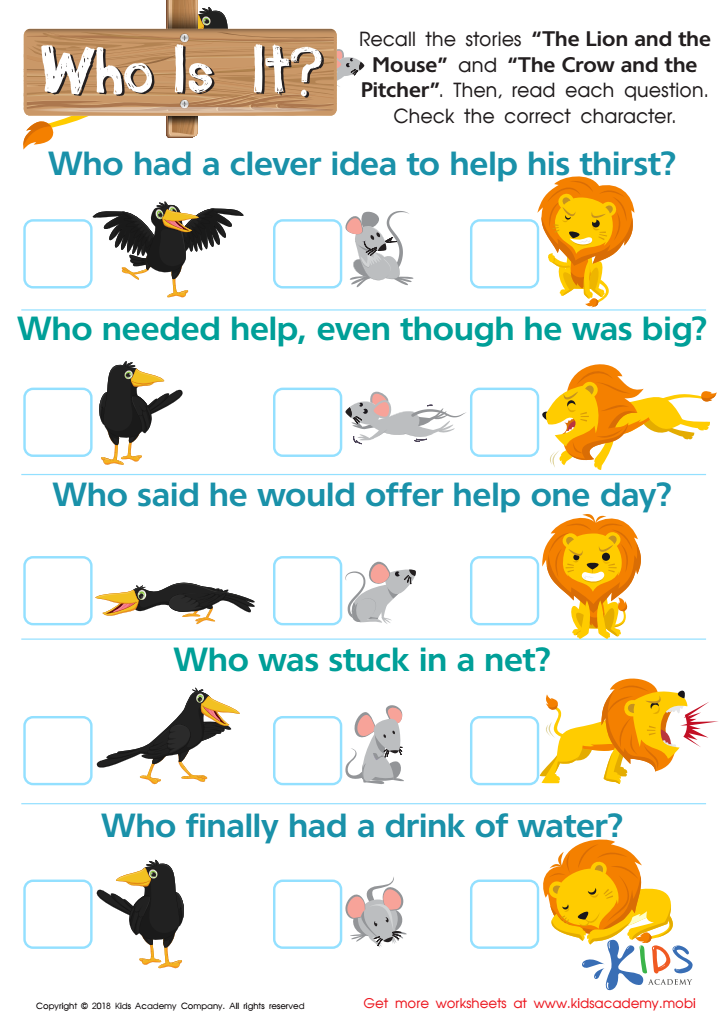

Who Is It? Worksheet
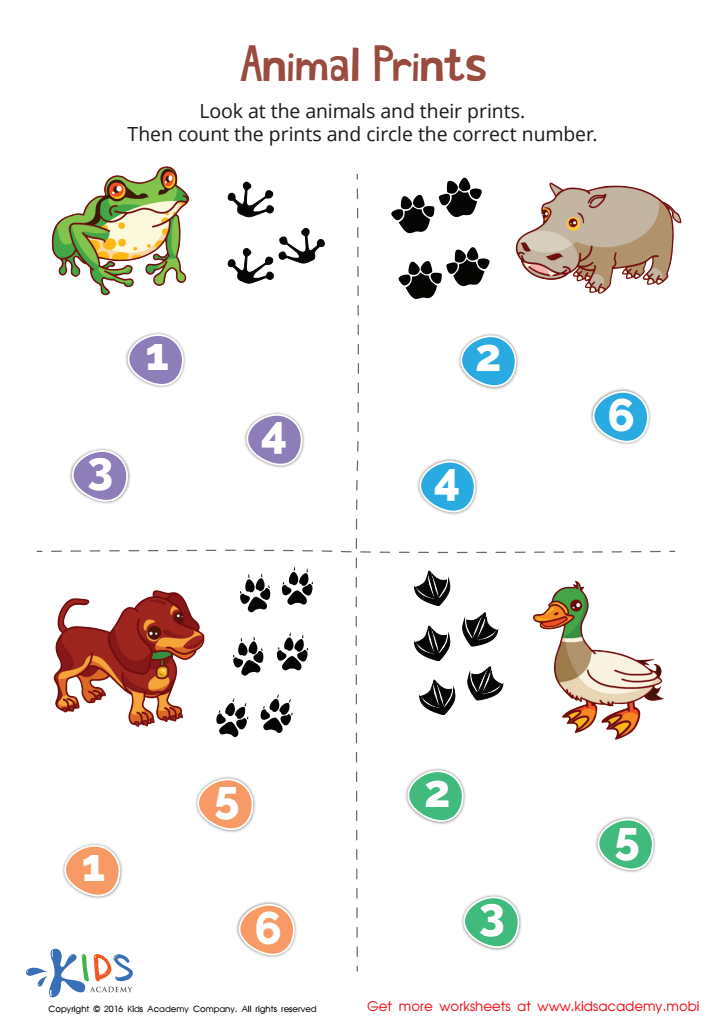

Animal Prints Match-Up Worksheet
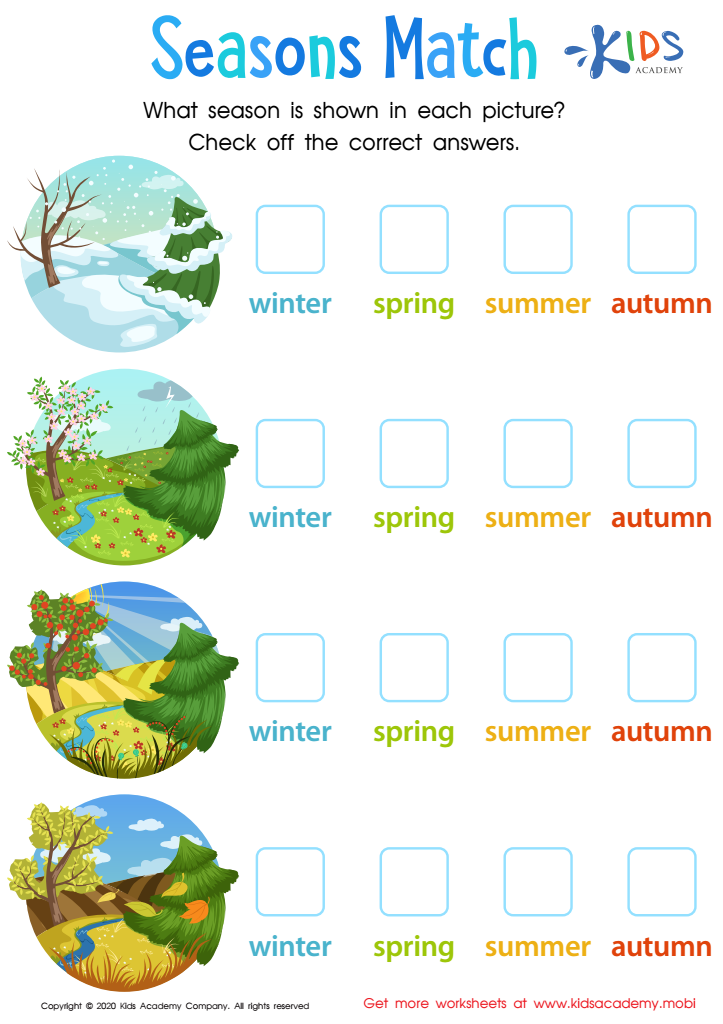

Seasons Match Worksheet
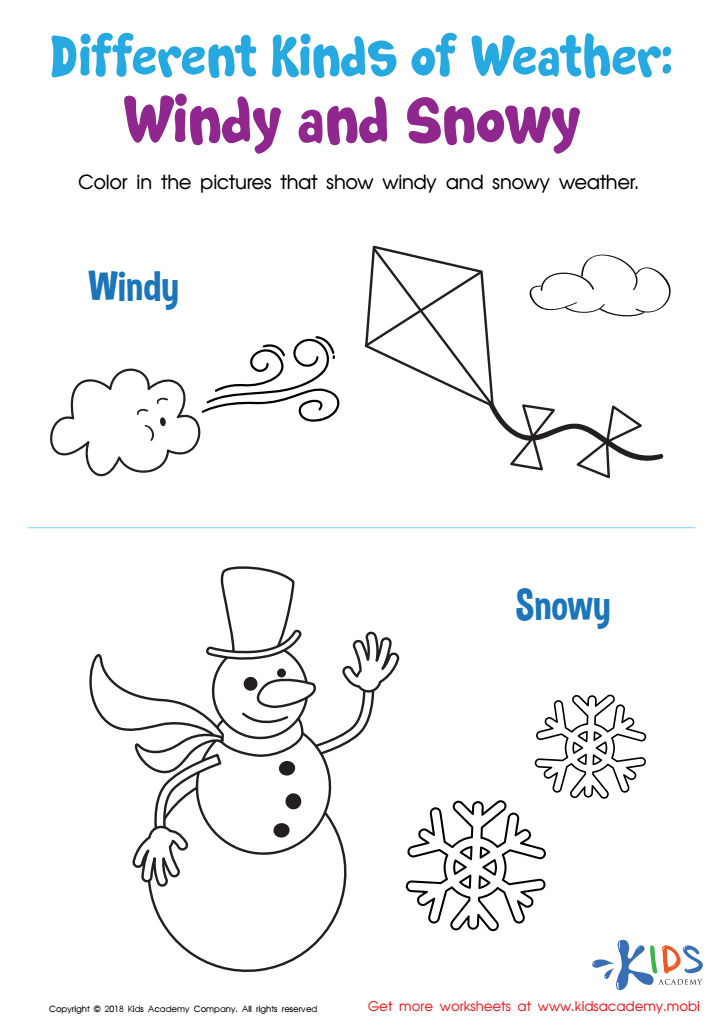

Different Kinds of Weather: Windy and Snowy Worksheet
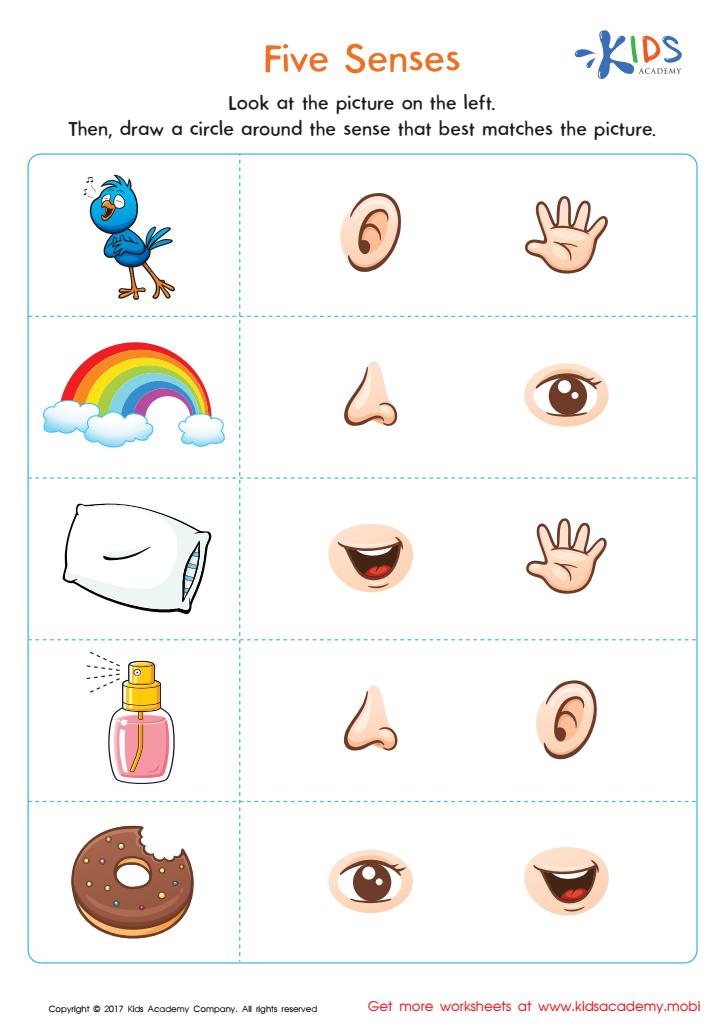

Five Senses Printable
Matching skills are fundamental cognitive abilities that play a crucial role in early childhood development, particularly for children aged 3-7. Parents and teachers should care about these skills because they serve as the building blocks for more complex learning and reasoning capabilities. When children practice matching—whether it’s matching colors, shapes, or like items—they enhance their visual recognition, attention to detail, and memory skills.
These foundational skills translate into improved problem-solving abilities and can greatly influence academic success later in life. Moreover, engaging in matching activities can support social development as children often learn collaboratively, fostering communication and teamwork during group activities.
Furthermore, developing matching skills can also promote emotional intelligence; identifying similarities and differences helps children better understand their environment and the relationships between objects and concepts. Early exposure to such skills prepares children not only for formal academic settings but also teaches them to make comparisons and distinctions in everyday situations, reinforcing critical thinking and decision-making.
In summary, prioritizing matching skills through fun and engaging games supports holistic development, laying a strong foundation for learning and personal growth during a critical formative period in a child’s life.
 Assign to My Students
Assign to My Students










